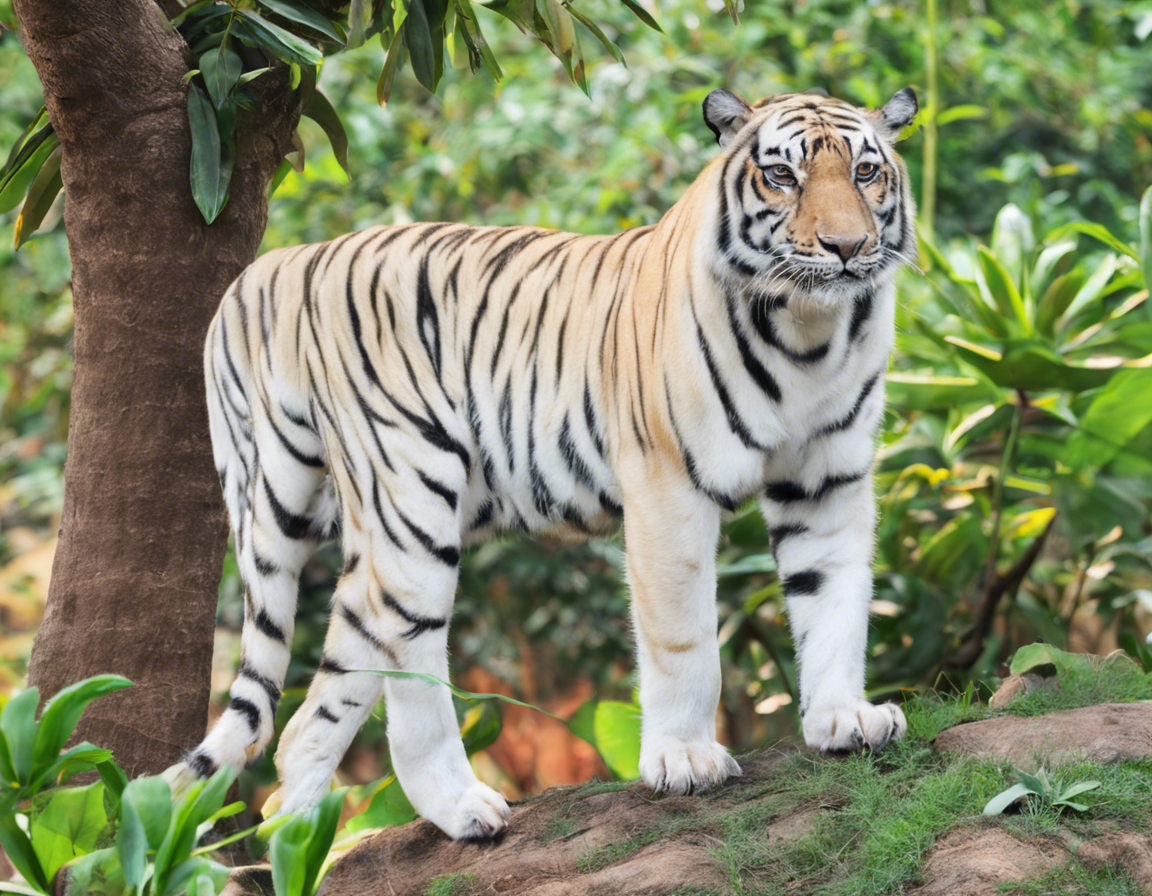
Exploring the World Cup: A Global Celebration.
The FIFA World Cup is arguably the most popular and prestigious international soccer tournament in the world. Held every four years, this event brings together the best national teams from around the globe to compete for the coveted title of world champion. With over six billion viewers tuning in during the last tournament in 2018, the World Cup captivates audiences worldwide, uniting people from diverse cultures and backgrounds in a shared love for the game.
The History of the World Cup
The World Cup has a rich history that dates back to its inception in 1930. The tournament was the brainchild of FIFA (Fédération Internationale de Football Association), the international governing body of soccer, which sought to create a truly global competition that would showcase the best teams from each continent. The inaugural World Cup took place in Uruguay, with 13 teams competing for the title. Uruguay emerged as the first-ever champions, setting the stage for decades of thrilling competition to come.
The Format of the Tournament
Over the years, the World Cup has evolved in format and size. The current format, which was introduced in 1998, features 32 teams competing in a month-long tournament held in a host country selected by FIFA. The teams are divided into eight groups of four, with the top two teams from each group advancing to the knockout stage. The knockout stage consists of single-elimination matches, culminating in the final, where the two best teams compete for the championship.
Host Countries and Cultural Impact
Hosting the World Cup is a prestigious honor for any country, as it brings global attention and economic benefits. The tournament is not just about soccer; it is also an opportunity for the host country to showcase its culture, history, and hospitality to the world. From the colorful opening ceremonies to the passionate fans filling the stadiums, the World Cup is a celebration of unity and diversity, bringing people together in a common love for the beautiful game.
Key Moments and Iconic Players
The World Cup has produced many iconic moments and legendary players who have left their mark on the tournament. From Diego Maradona’s “Hand of God” goal in 1986 to Pele’s three championships with Brazil, the tournament is a stage for greatness and drama. The likes of Zinedine Zidane, Ronaldo, Lionel Messi, and Cristiano Ronaldo have graced the World Cup with their skill and brilliance, captivating audiences with their performances on the world stage.
The Cultural Impact of the World Cup
The World Cup transcends sports and has a significant cultural impact on the nations and people involved. It fosters national pride and unity, as entire countries rally behind their teams, waving flags, wearing team colors, and chanting in unison. The tournament also sparks conversations about global issues, politics, and social change, showcasing the power of sports to bring about positive change and unite people in a shared passion.
Economic Impact and Legacy
Hosting the World Cup is a massive undertaking that requires significant investment in infrastructure, security, and logistics. While the costs can be high, the economic benefits are also substantial, with host countries experiencing a boost in tourism, infrastructure development, and international visibility. The legacy of the World Cup extends beyond the tournament itself, leaving a lasting impact on the host country and its people for years to come.
Frequently Asked Questions (FAQs)
1. When was the first World Cup held, and who were the champions?
The first FIFA World Cup took place in Uruguay in 1930, with Uruguay emerging as the inaugural champions.
2. How often is the World Cup held, and how many teams participate?
The World Cup is held every four years, with 32 teams participating in the tournament.
3. Which country has won the most World Cup titles?
Brazil holds the record for the most World Cup titles, with a total of five championships.
4. Who is the all-time leading goal scorer in World Cup history?
Miroslav Klose of Germany holds the record for the most goals scored in World Cup history, with a total of 16 goals.
5. How is the host country selected for the World Cup?
The host country for the World Cup is selected through a bidding process by the FIFA Council, based on various criteria such as infrastructure, facilities, and financial considerations.
6. What is the significance of the World Cup in global culture?
The World Cup is a significant event in global culture, uniting people from diverse backgrounds in a shared love for soccer and fostering national pride and unity.
7. What are some of the iconic moments in World Cup history?
Iconic moments in World Cup history include Diego Maradona’s “Hand of God” goal, Pele’s three championships with Brazil, and Zinedine Zidane’s headbutt in the 2006 final.
8. How does the World Cup impact the host country’s economy?
Hosting the World Cup can have a significant economic impact on the host country, with benefits including increased tourism, infrastructure development, and international visibility.
9. Who are some of the greatest players to have played in the World Cup?
Some of the greatest players to have played in the World Cup include Diego Maradona, Pele, Ronaldo, Lionel Messi, and Cristiano Ronaldo.
10. What are some ways to experience the World Cup culture without attending the event?
Fans can experience the World Cup culture by watching matches at public viewing events, participating in fan activities, and interacting with other fans on social media platforms.
In conclusion, the FIFA World Cup is more than just a soccer tournament; it is a global celebration that brings together people from all corners of the world in a shared passion for the beautiful game. With its rich history, cultural impact, and legendary players, the World Cup continues to inspire and unite nations, making it one of the most beloved and anticipated events in the world of sports.

